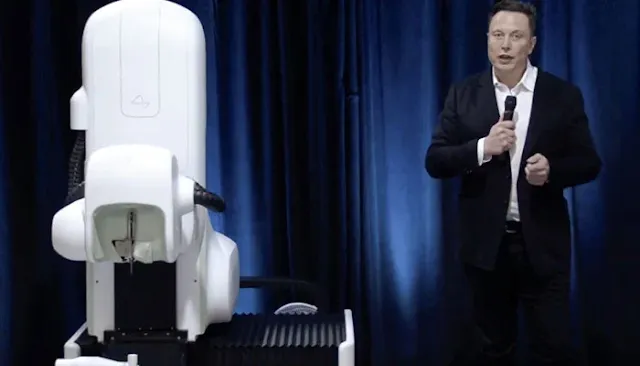Tech billionaire Elon Musk’s Neuralink, a US neurotechnology company
that is developing implantable brain–computer interfaces, has secured
Food and Drug Administration's (FDA) approval for its first human trials
that could help treat conditions like obesity, autism, depression,
schizophrenia, etc.
Neuralink was struggling to secure a green
light from FDA so that it could initiate its human clinical trials.
"The
approval represents an important first step that will one day allow our
technology to help many people," said Neuralink in a tweet.
The
company did not explain what were the aims of the study but it only stated
that "it was not recruiting yet and more details would be available
soon."
We are excited to share that we have received the FDA’s approval to launch our first-in-human clinical study!
— Neuralink (@neuralink) May 25, 2023
This is the result of incredible work by the Neuralink team in close collaboration with the FDA and represents an important first step that will one day allow our…
According to the vision of the CEO of SpaceX Musk, brain
implants could cure a range of conditions including obesity, autism,
depression and schizophrenia as well as enable web browsing and
telepathy.
Musk was all over the news when he expressed his
enthusiasm for the technology last year he was so confident in the devices'
safety that he would be “willing to implant them in his children”.
Since
2019, the 51-year-old CEO has on four occasions said that Neuralink would
begin human trials. However, according to Reuters reports, the company only
sought FDA approval in early 2022 and the agency rejected the
application.
There were several concerns which FDA highlighted about
Neuralink which were to be addressed before sanctioning human trials,
according to the employees.

Major issues involved the device’s lithium battery, the possibility
of the implant's wires migrating within the brain, and the challenge of
safely extracting the device without damaging brain tissue.
Founded
in 2016, the neurotechnology company underwent several federal
investigations.
US legislators in May urged regulators to
investigate whether the makeup of a panel overseeing animal testing at
Neuralink contributed to botched and rushed experiments.
The Department of Transportation is separately investigating
whether the company illegally transported dangerous pathogens on chips
removed from monkey brains without proper containment measures.
Neuralink
is also under investigation by the US Department of Agriculture's Office of
Inspector General for potential animal-welfare violations. This probe has
also been looking at the USDA's oversight of Neuralink.












